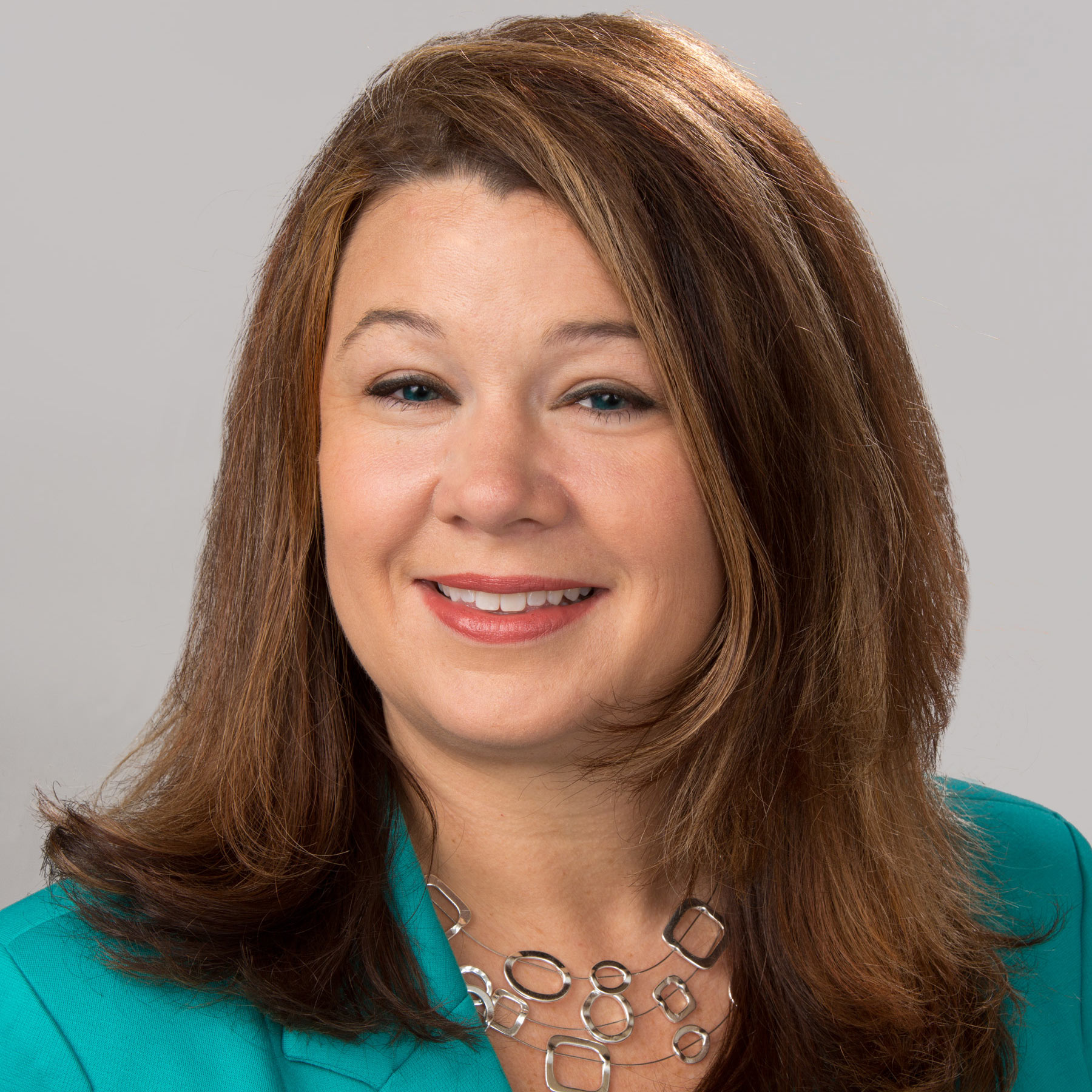The Centers for Disease Control and Prevention (CDC) reports that in 2021, 1.7 million people attempted suicide, 3.5 million people made a plan for suicide and 12.3 million people seriously thought about suicide. Suicide is a serious public health problem that can have a lasting effect on individuals and communities, leaving questions and a sense of profound loss. Suicide prevention can be everyone’s responsibility, and there are ways to look for warning signs in your friends, family and colleagues.
This month, Healthy Communities speaks with two Aetna® employees who are leading the company’s suicide prevention and awareness strategy: Aimee Prange, MSW, LCSW, Clinical Director of Behavioral Health and Mental Well-being, and Sara Miscannon MS, LPC, Senior Clinical Strategist of Behavioral Health and Mental Well-being. The women discuss the bold goal by Aetna to reduce suicide attempts 20% by the year 2025 among adult Aetna commercial members.
What the numbers tell us
Mental health concerns are not equal among all populations. As Sara notes, Surgeon General Vivek Murthy has recently declared a crisis for youth mental health. In a time of social media, pandemics and polarization, adolescents and young adults are struggling. According to the CDC, 22% of high schoolers seriously considered suicide during the past year. Those numbers rise to 30% among high school females and 45% among LGBTQ+ students. Among Black youths, suicide rates increased 36% from 2018 to 2021. “There’s a lot of thoughts or hypotheses about what’s going on,” says Sara. “The big one is the rise in social media use. There’s [also] been an increase of bullying, COVID and an increase in gun violence.”
Our key takeaway
Efforts aimed at suicide prevention and suicide prevention awareness are helping decrease suicide attempts across the United States. Anyone can help prevent suicide, Sara explains. “You don’t have to be a mental health professional to be there and listen, and to offer support.” Programs such as Talk Saves Lives from the American Foundation for Suicide Prevention teach people how to speak with someone who may be contemplating suicide. Sara teaches us that it’s OK to ask people you are worried about, “Are you thinking about suicide?” and that it may open the door for someone to not feel alone. Aimee concludes that one conversation can make all the difference, “Sometimes it’s just enough to be heard.”
Suicide prevention resources
- CVS Health- Suicide Prevention
- Mental health awareness guide for young adults (PDF)
- Mental health awareness guide for parents and caregivers (PDF)
- LGBTQ+ coming out support guide for youth and young adults (PDF)
- CDC’s Suicide Prevention Resource for Action
- American Foundation for Suicide Prevention
- The Jed Foundation
- Real Talk with Gen Z Podcasts: Aetna has produced a series of youth mental health podcasts co- facilitated by high school and/or college students who interview mental health experts on topics relevant to their peers.
Aetna also collaborates with the Trevor Project and CenterLink, two organizations devoted to mental health and suicide prevention among LGBTQ+ youth.



